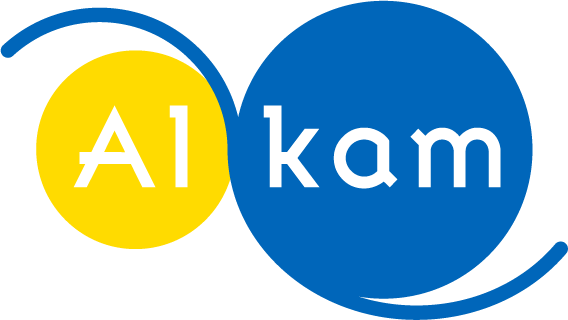Regulations for Food Labels
- Alkam
- Mar 20
- 3 min read

Index
What Standards and Regulations Define Food Labeling?
Information on Food Labels
Focus on Regulations
Conclusions and Reflections
1. Standards and Regulations for Food Labeling
Food labeling in Europe is governed by a series of standards and regulations that ensure transparency and safety for consumers.
Among the key regulations are:
These essential documents establish the mandatory information that must be included on labels and the presentation requirements. Therefore, companies producing food products must be well-informed about the relevant regulations to ensure compliance and avoid penalties or other consequences.

2. Information on Food Labels
Food product labels must include several essential information for consumers. These include, for example:
The ingredient list
Nutritional information
Allergens
Expiration date
Storage conditions
Instructions for use (if applicable)
These indications help consumers make informed and safe choices. In our previous article on our blog, we explored how to use the label to include all necessary information. If you're interested in the topic, click here to read the full article.
3. Focus on Food Labeling Regulations
Food labeling regulations are governed by three key regulations, each of which is explained in detail below
Regulation (EC) No. 1169/2011
Regulation (EC) No. 1169/2011 is a milestone for food labeling in companies operating in Europe. It strictly defines how nutritional information should be presented on food products, ensuring that it is easily understandable, clear, and visible to the end consumer. Particular attention is given to the visibility and readability of labels, with specific guidelines on the fonts used. A key aspect of this regulation is its emphasis on highlighting allergens in the ingredient list, which must be distinguished with a different font style (e.g., bold) to make them immediately recognizable. Finally, it also sets out the guidelines for origin declaration, mandatory information on certain food types, and the presentation of health and nutritional claims.
The Role of Regulation (EC) No. 178/2002 in Labeling
Regulation (EC) No. 178/2002 sets the general principles and essential requirements of food law within the European Union. Its importance is fundamental in defining the responsibilities of food industry operators, ensuring that the products placed on the market are safe for consumption.
This regulation introduces the concept of traceability, requiring workers in this sector to track and document all food products along the entire production and distribution chain.
In addition, it establishes the foundation for food risk management and communication in the event of a risk, setting up rapid alert procedures for food products that pose a serious health risk. It is also responsible for establishing the European Food Safety Authority (EFSA), an independent body that plays a key role in evaluating food-related risks.
The Importance of Regulation (EC) No. 1272/2008 (CLP Regulation)
Regulation (EC) No. 1272/2008, known as the CLP Regulation (Classification, Labelling, and Packaging), is a crucial regulation governing the classification, labeling, and packaging of chemicals and chemical mixtures. This regulation aims to ensure that the hazards presented by substances are clearly communicated to both workers and consumers within the European Union.
For this reason, hazardous information must be clearly indicated on labels and packaging through specific symbols, hazard statements, and warning phrases. This regulation is of vital importance for consumer safety, as it enables consumers to be informed about potential risks associated with specific substances, helping them make more informed and safer decisions regarding the use of these products.
4. Conclusions and Reflections
Food labeling is a crucial aspect for ensuring the safety of the information contained on labels intended for consumers. Complying with current regulations is not only a legal obligation, but also adds value to your company.
Looking for a labeling company to print labels for your food products? Click the button below and fill out the form on the page.
.

Comentários